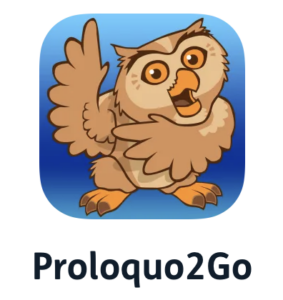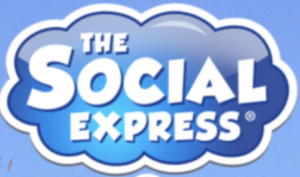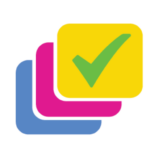Introduction
Neurodiverse students are encountered more frequently in today’s classrooms. Those with autism represent a particular challenge for schools and families– and edtech may be able to help. Resources for autism education have evolved significantly since FT4T’s 2009 post on this topic. EdTech products now offer even more effective ways to support students. While trusted resources like Teaching LD, Autism Outreach, and LD Online continue to provide valuable support, new EdTech tools have emerged to offer more personalized, interactive, and efficient methods for helping students with autism thrive. From communication apps to social skills programs, these innovations are changing the way we teach and learn.
Showcase of EdTech Tools
Otsimo (Free)
Otsimo offers access to various educational games designed to make learning engaging and accessible for children with autism. Created with input from educators and families, Otsimo provides language, cognitive, and social-emotional learning games to support children with different needs. Its free open-source augmentative/alternative communication (AAC) tool also helps nonverbal children express themselves.
 Speech Blubs (Free)
Speech Blubs (Free)
Speech Blubs is a speech therapy app designed to help children with autism improve their communication skills. It uses fun, interactive videos and activities that engage children in learning sounds, words, and phrases. The app offers a free version with limited access, making it accessible to families and educators.
 Starfall (Free)
Starfall (Free)
Starfall is a free educational resource that helps children with autism develop literacy and math skills through interactive games and activities. Although it’s not designed exclusively for autism, its simple and engaging format is effective for students with special learning needs.
 Proloquo2Go (Paid)
Proloquo2Go (Paid)
Proloquo2Go is a leading augmentative/alternative communication (AAC) app for iPad and iPhone, designed to help non-speaking children and adults express themselves confidently. It uses a large library of over 27,000 symbols to support communication, and its customization options allow users to personalize the app to fit their unique needs. Proloquo2Go also supports language development, offering research-based vocabulary that helps users progress from single words to full sentences.
 The Social Express (Paid)
The Social Express (Paid)
The Social Expresss teaches social skills through interactive stories, helping users navigate social situations and learn key skills such as identifying emotions, maintaining eye contact, and reading non-verbal cues. With its engaging animated format, The Social Express makes learning social skills feel like an adventure.
 Classwork (Free and Paid)
Classwork (Free and Paid)
Classwork.com helps educators transform traditional teaching materials into interactive digital formats. This tool is invaluable for adapting lesson plans to meet the diverse learning styles of students with autism, incorporating features like instant feedback and visual aids to enhance understanding and engagement. Additionally, Classwork.com allows teachers to include audio elements, such as recording their own voices, which can provide personalized instructions and support, making learning more accessible and engaging for auditory learners.
Financial Support and Resources
While educational tools are important for academic and personal growth, it’s also necessary to acknowledge the financial challenges families may face. DisabilityAdvice.org https://disabilityadvice.org/ provides resources for navigating Social Security Disability Insurance (SSDI) and other financial support systems, helping families secure a stable future. Teachers can play a key role in supporting families by sharing helpful information about these resources, ensuring that both students and their families have access to the support they need.
Conclusion
Educational technology is an important resource in helping students with autism succeed both academically and socially. EdTech tools make learning more accessible and help students develop essential communication and life skills. By incorporating these resources, educators and families can better support the unique needs of each student, giving them the tools and opportunities to thrive in school and beyond.
Call to Action
Educators and families are encouraged to explore these technologies and integrate them into their educational strategies. For those needing additional support with financial planning, DisabilityAdvice.org is a valuable resource.










